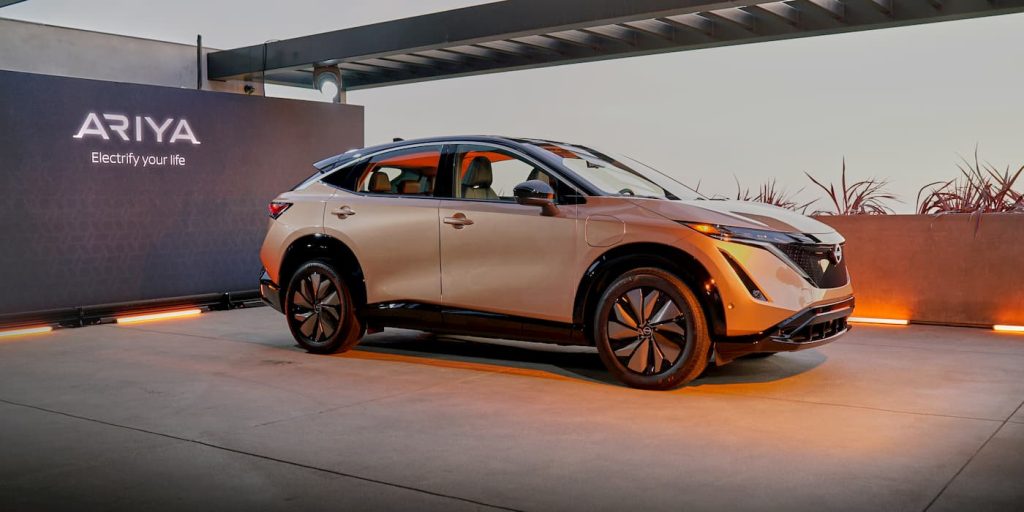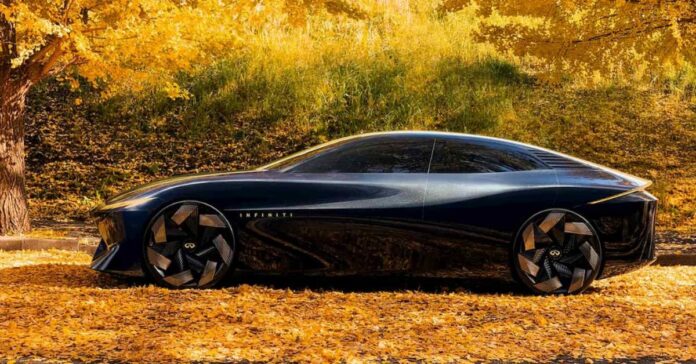Nissan is once again delaying the start of EV production at its Canton, Miss facility. The delay is due to the need to “enhance product competitiveness.”
Nissan delaying EV production in Canton (again)
If you were waiting for the Nissan’s new electric sedans, you may have to wait a little longer. According to a supplier note viewed by Automotive News, Nissan is delaying EV production in Canton (again).
The memo states that Nissan will begin EV production another two months later than expected. That’s after Nissan already delayed plans by three months last year.
Production of Nissan’s electric sedan, called LZ1F, is slated to begin in November 2026. The Infiniti EV (LZ1E) will follow in April 2027.
Nissan is delaying the sporty EVs due to “the need to enhance product competitiveness,” the memo stated. A source told Automotive News Nissan is concerned over profitability and EV demand.
The automaker sold over 20,600 EVs in the US last year. Nissan’s first electric SUV, the Ariya, accounted for nearly 13,500.

Despite a rocky start, the Nissan Ariya is picking up in the US, with 3,765 models sold in the last three months of 2023.
Nissan joins US automakers Ford and GM in delaying significant EV initiatives. Ford is pushing back around $12 billion in EV spending. It also expects to build about half of the F-150 Lightning’s initially intended for this year.

GM pushed back production of key EVs, including the Equinox EV, GMC Sierra Denali EV, and Silverado RST.
Despite this, a record 1.2 million EVs were sold in the US last year as buyers continue shifting to all-electric options.
Electrek’s Take
Like Ford and GM, delaying EV production in the US could put Nissan at risk of falling further behind.
Nissan is finally gaining ground in the US EV market, but a wave of new electric SUVs are rolling out this year.
The Ariya will compete with the Chevy Blazer EV, Kia EV9, Honda Prologue, and others. It will also continue fighting for market share with Tesla’s best-selling Model Y and the Hyundai IONIQ 5. Volvo’s new EX30, starting at $35,000, could also rival Nissan’s electric SUV.
If Nissan wants to keep up, it will need to launch EVs in new segments like sports sedans and luxury.
EVs accounted for 7.6% of all US auto sales in 2023, according to Cox Automotive. This year, that number is expected to rise to 10%. EV adoption will continue climbing. Those focusing on future tech now will continue seeing the results as the market shifts to electric.


